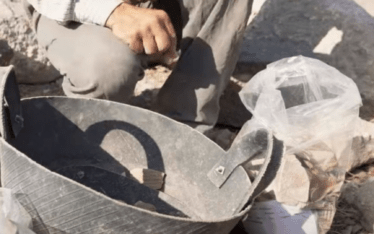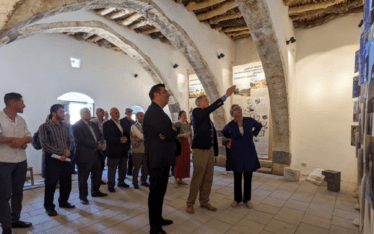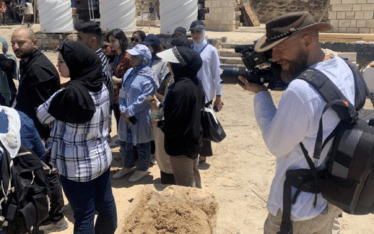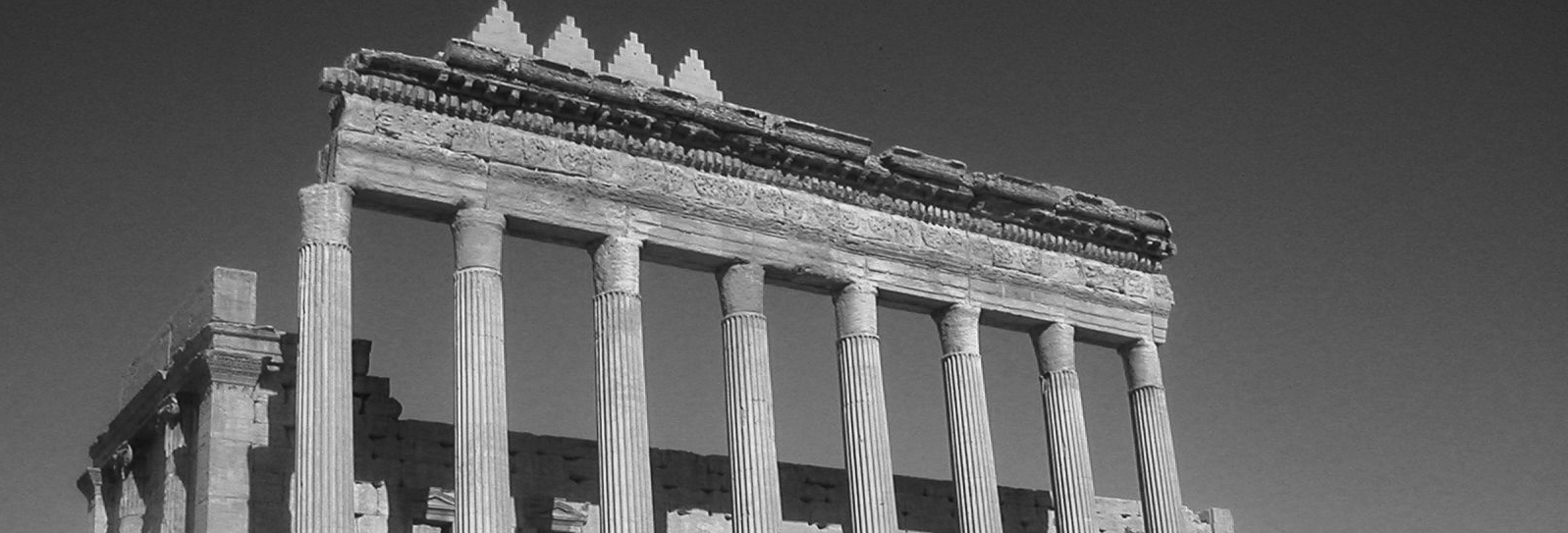
Recording Cultural Heritage for Post-Conflict Recovery
- Home
- Recording Cultural Heritage for Post-Conflict Recovery

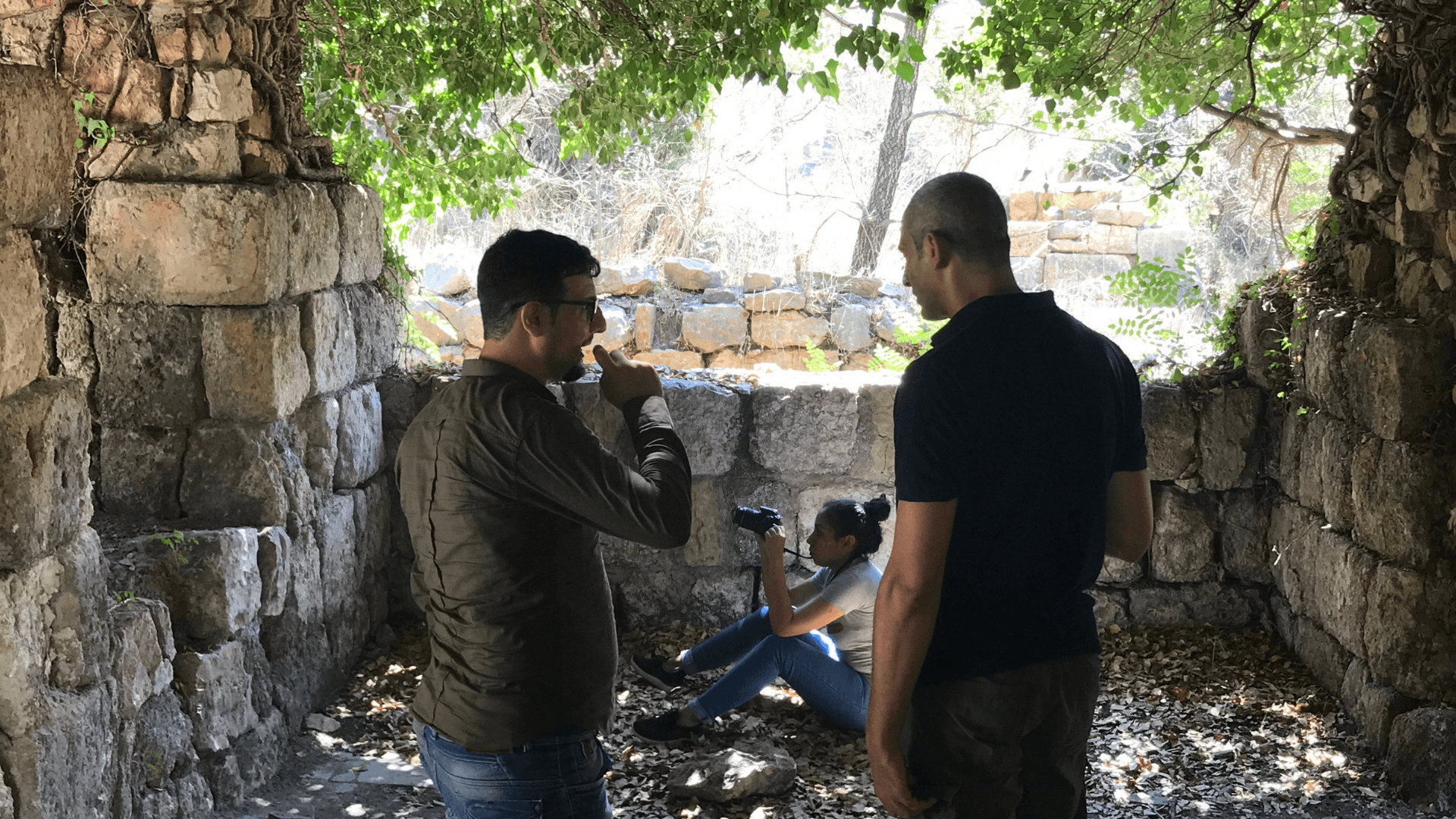
The IT department of the German Archaeological Institute (DAI) launched its Training Course on “Recording Cultural Heritage for Post-Conflict Recovery” in Beirut. The course was conducted within the framework of the “Zero Hour” project in August 2019.
The course was held in Beirut, August 14th – 24th, with the participation of 16 archaeology students from Syria and Lebanon. It focused on state-of-the art technologies for recording and documenting cultural heritage. The training consisted mainly of two parts: Structure from Motion (SfM) and geographic information system (GIS) applications.
The first part dealt with the application of SfM, better known as 3D photogrammetry, in archaeology. Participants learned to document archaeological contexts and objects in three dimensions and photorealistic colour detail. In addition to theoretical lessons, the students acquired practical skills. The trainees took digital images of selected objects on the ground, processed the images with 3D photogrammetry software and generated their own 3D models and orthographic photos.
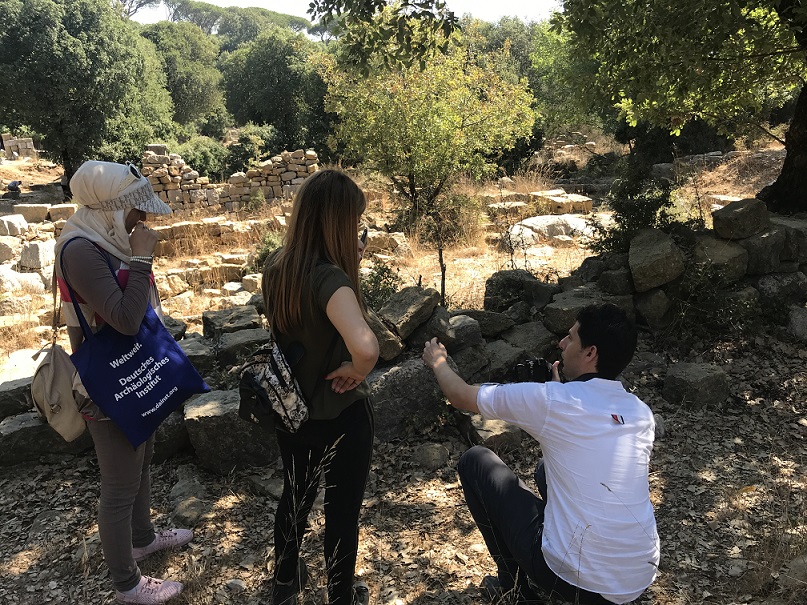
The second part of the course dealt with the application of Geographic Information Systems (GIS) and digital cartography for archaeology and heritage management. In a hands-on training the students learned about GIS theory and how to transfer process data in GIS. They successfully mastered high level tasks, such as georeferencing and map making. Practical archaeological case-studies were used for training purposes.
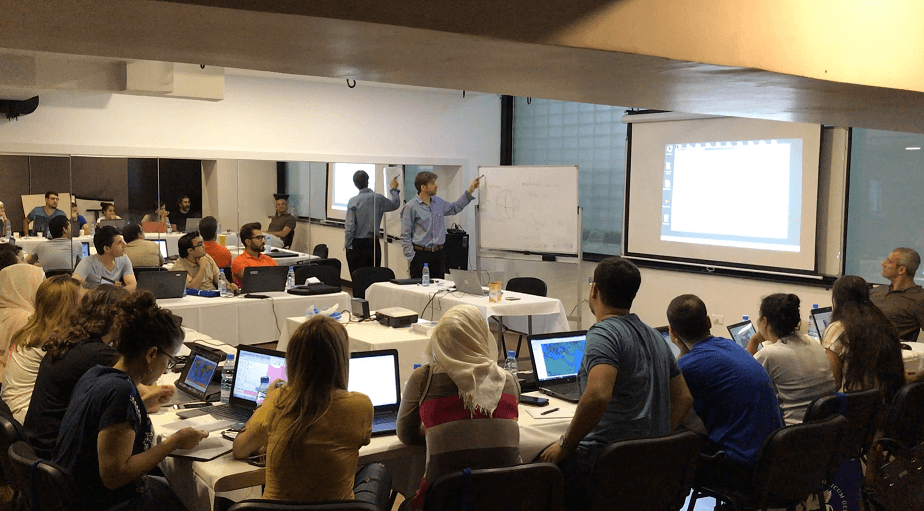
These courses are an integral component in a programme directed towards capacity building, involving young Syrian and Lebanese early-career archaeologists. They aim to offer students a chance to participate in the process of post-conflict recovery of cultural heritage.
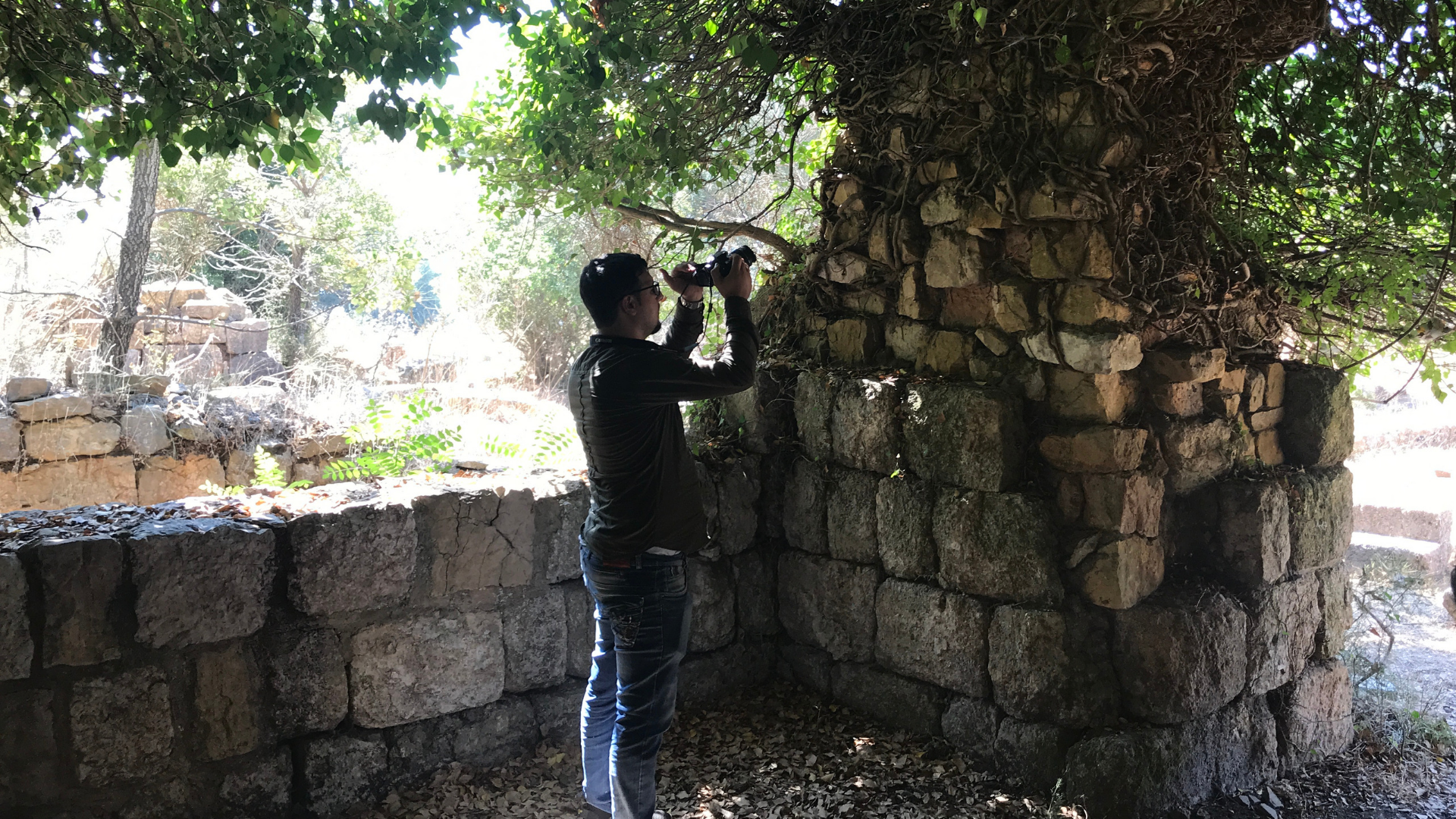
The programme is conducted in the framework of “Zero hour – A Future for the Time after the Crisis” and generously funded by the German Federal Foreign Office. The course was conducted in cooperation with the Lebanese University in Beirut. The DAI’s training activities in Beirut also benefit from the support of the Orient Institute in Beirut and the Directorate General of Antiquities (DGA) in Lebanon.
.
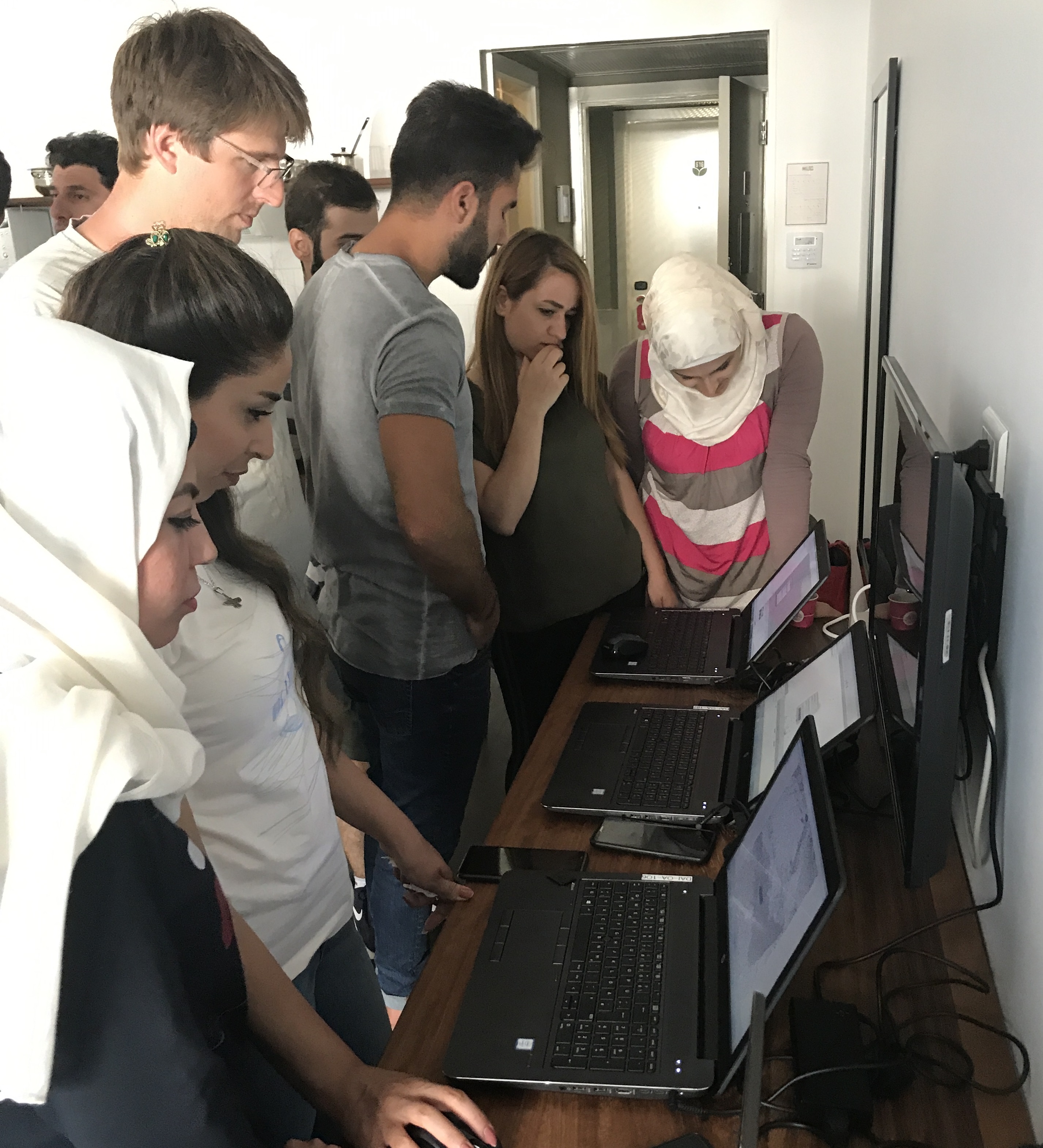
Archaeological Heritage Network is made possible by many national and international partners. The Federal Foreign Office and the Gerda Henkel Foundation supports the network.
